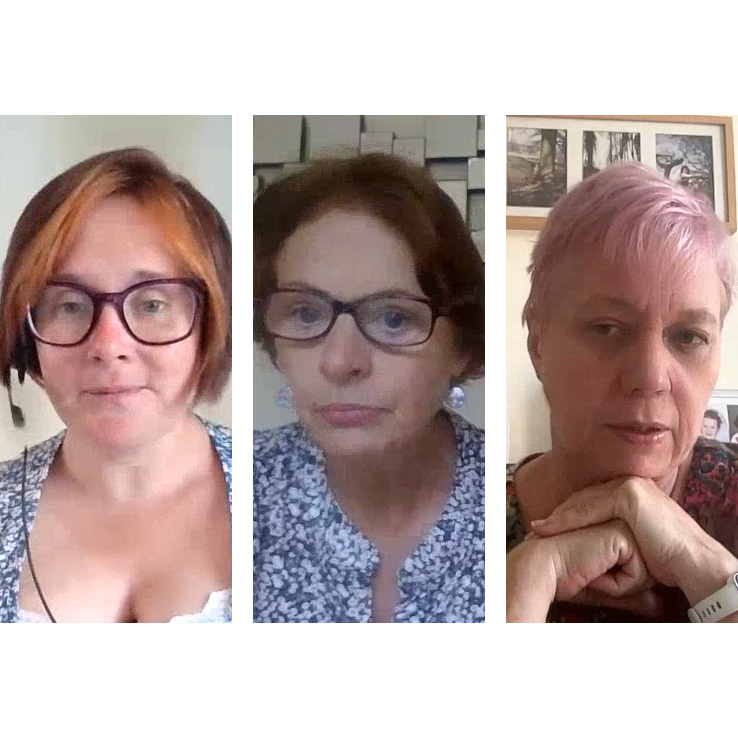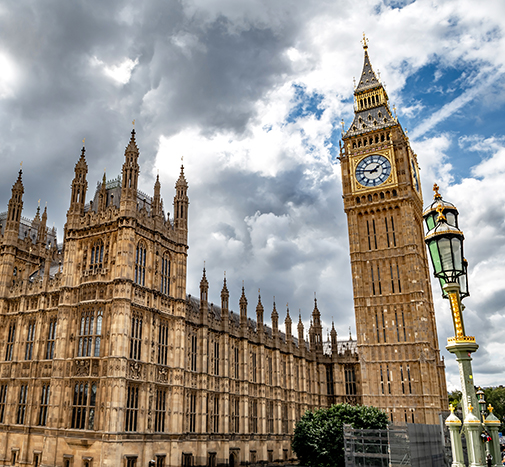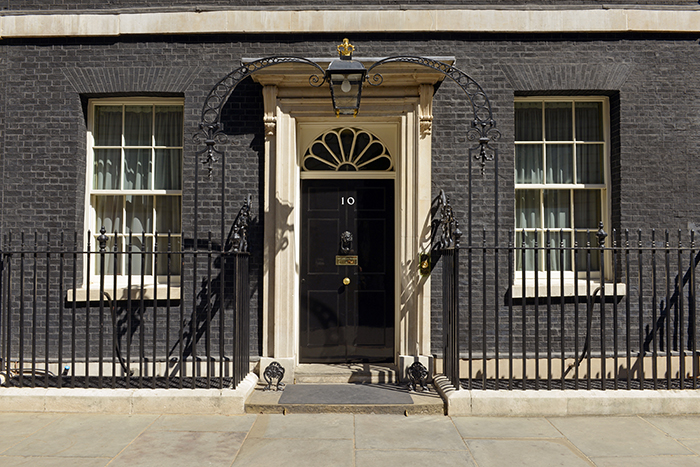 A London man died from a seizure after “a significant number of failings” from health services in the days before his death meant he was left without his epilepsy medication, an inquest has found.
A London man died from a seizure after “a significant number of failings” from health services in the days before his death meant he was left without his epilepsy medication, an inquest has found.
Masters student Charlie Marriage, 32, died from sudden unexpected death in epilepsy (SUDEP) in his flat in Camberwell on 26 June 2021, assistant coroner for Inner South London, Xavier Mooyaart, ruled on Tuesday, 21 January 2025.
Mr Marriage had been isolating after being alerted to do so by NHS Test and Trace on 24 June 2021. This meant he could not go to his usual pharmacy at his university in Uxbridge, which had his prescription for the epilepsy medication Fycompa (perampanel) ready to collect.
He had made calls to his GP and NHS 111 to try to arrange emergency access to his medication at a local pharmacy in the days before his death.
Mr Mooyaart said there had been “a significant number of failings” and “many missed opportunities” that contributed to Mr Marriage’s death. These occurred on the part of the NHS 111 service, the Superdrug pharmacy in Camberwell, and Mr Marriage’s GP.
He added that Mr Marriage had been “close to remission”, and the lack of medication likely contributed to his death by increasing his risk of seizures and their severity. He said there are similar groups of patients who could be “similarly vulnerable in the future” if they didn’t get the right advice.
This report comes only weeks after the inquest into the death another man, David Crompton, who died from falling down the stairs after his pharmacy sent an ‘IOU’ for his epilepsy medication.
While Mr Mooyaart said this was technically a ‘COVID death’, even though COVID hadn’t been the cause of death, Ms Henrietta Hastings, Mr Marriage’s mum, said she fears that this could still happen to someone who was left without vital medication outside of GP hours.
Mr Mooyaart issued a Prevention of Future Deaths report to NHS England.
Real hope
Mr Mooyaart said in his coroner’s report that DHU Healthcare, who runs the NHS 111 service, should have realised Mr Marriage needed a call back from a clinician. He said they should have recognised the urgent nature of the request, given all the calls he made to his GP.
He added that additional failures were made by the GP practice, who should have noticed the urgent request. Mr Mooryaat said the pharmacist at Superdrug in Camberwell also made “simple failures”, being two weeks behind on prescriptions and with the locum pharmacist not being able to sign in to the system.
Mr Marriage was diagnosed with epilepsy at age 14, and Fycompa had been a “game-changer”, Ms Hastings said. She said the Prevention of Future Deaths report is giving “real hope that we can make the changes that need to be made” and prevent other families suffering.
Daniel Jennings, senior policy and campaigns officer at Epilepsy Action, said: “This tragic case highlights the need for a comprehensive solution when patients can’t access the medication they need.
“No one should have to go without vital medication. If it’s not readily available, there should be clear processes to make sure it can be accessed one way or another. Because it can be life-threatening.
“As highlighted by the coroner, there were clear failures within the support process, and this ultimately meant Mr. Marriage didn’t get his medication. The Covid-19 pandemic certainly created additional barriers. But there are steps NHS England must take now to ensure this doesn’t happen again.
“In light of this case, we have submitted evidence to the upcoming All Party Parliamentary Group audition about medication, and have raised this with the Patient Safety Commissioner, to call for united support and improvements to guarantee patient safety. The system needs fixing.”
Spokespeople for NHS England and DHU Healthcare told The i they are carefully looking into the coroner’s findings raised in the Prevention of Future Deaths report. A spokesperson for Superdrug said the organisation takes “all necessary steps to ensure the highest standards of service are upheld” adding that the locum pharmacist involved in the case no longer works with them.
If you have had problems with your medication supply, we want to hear from you. Share your experiences at campaigns@epilepsy.org.uk.
More articles




